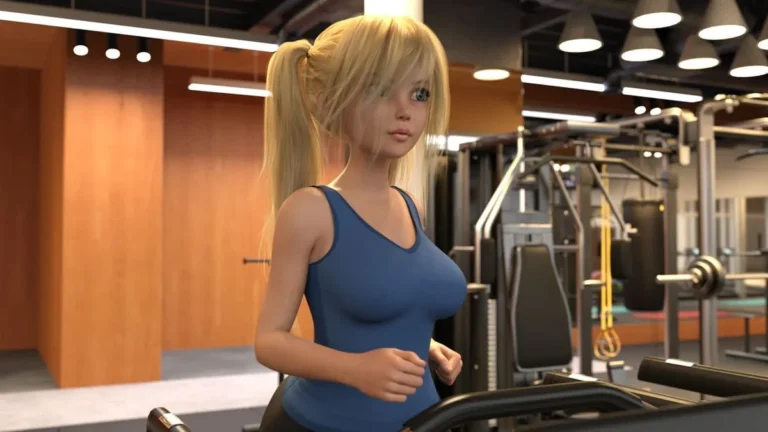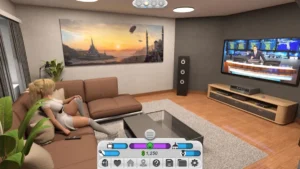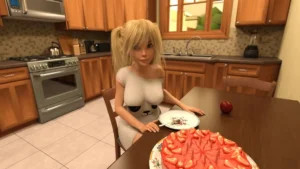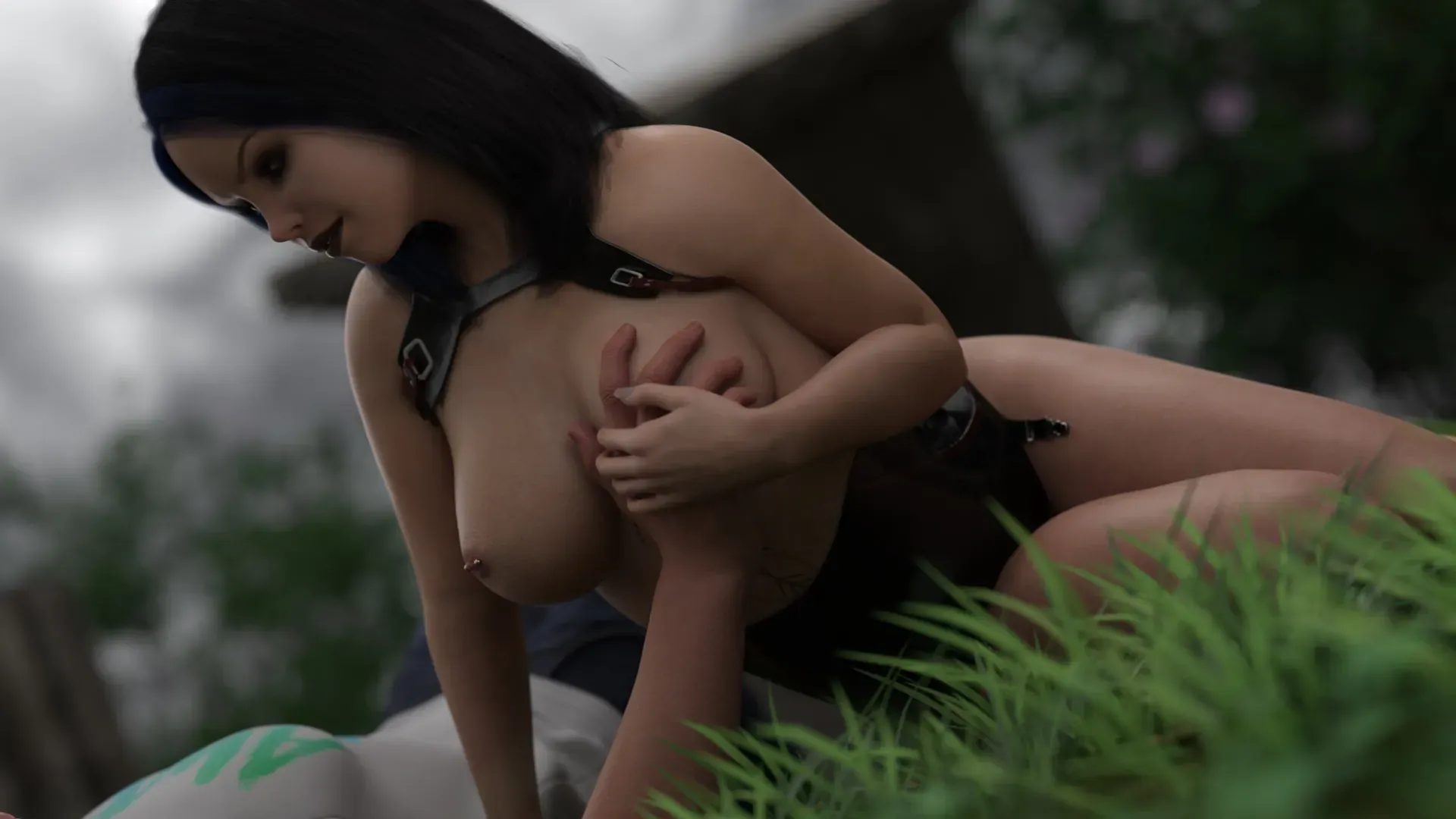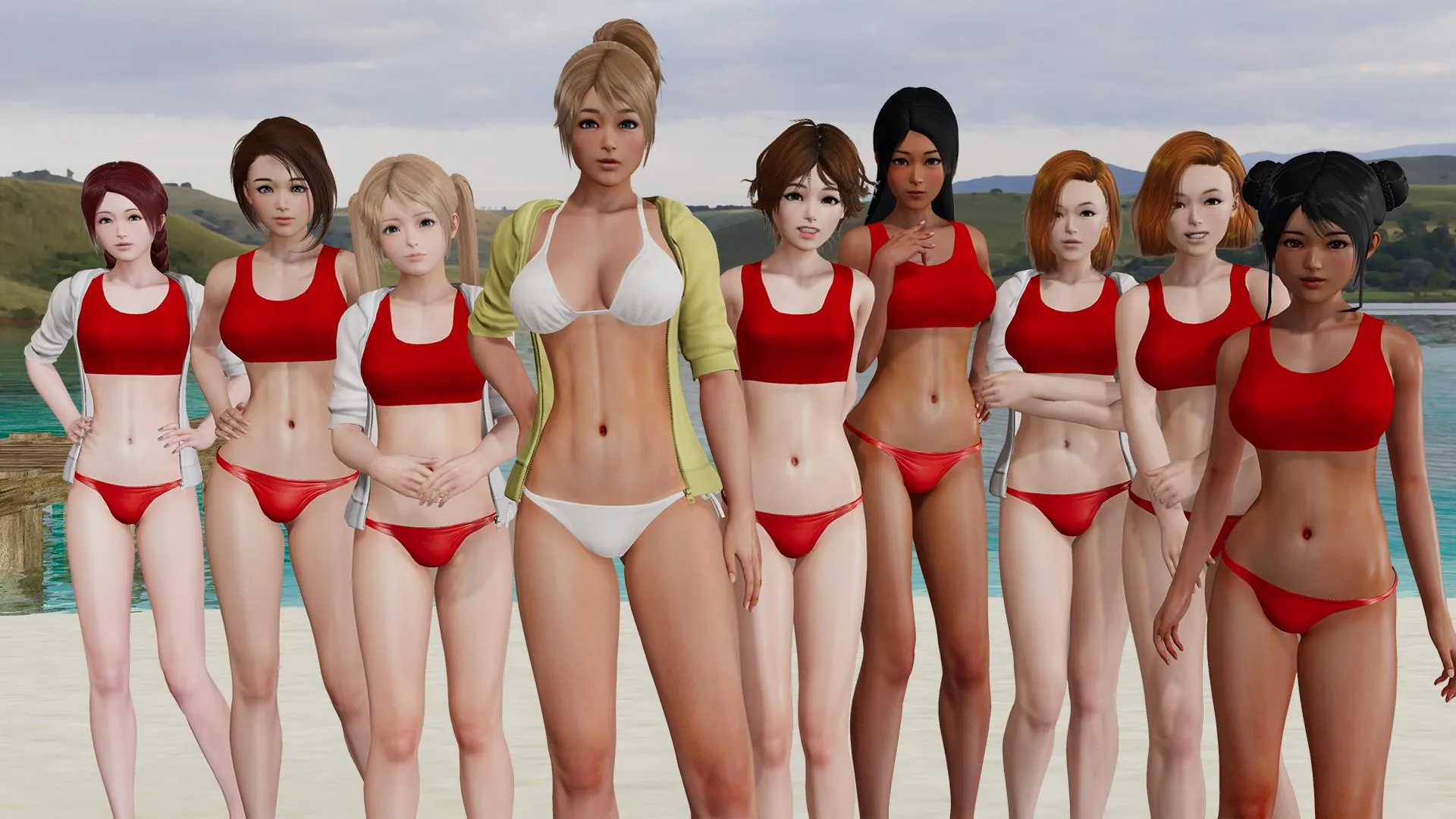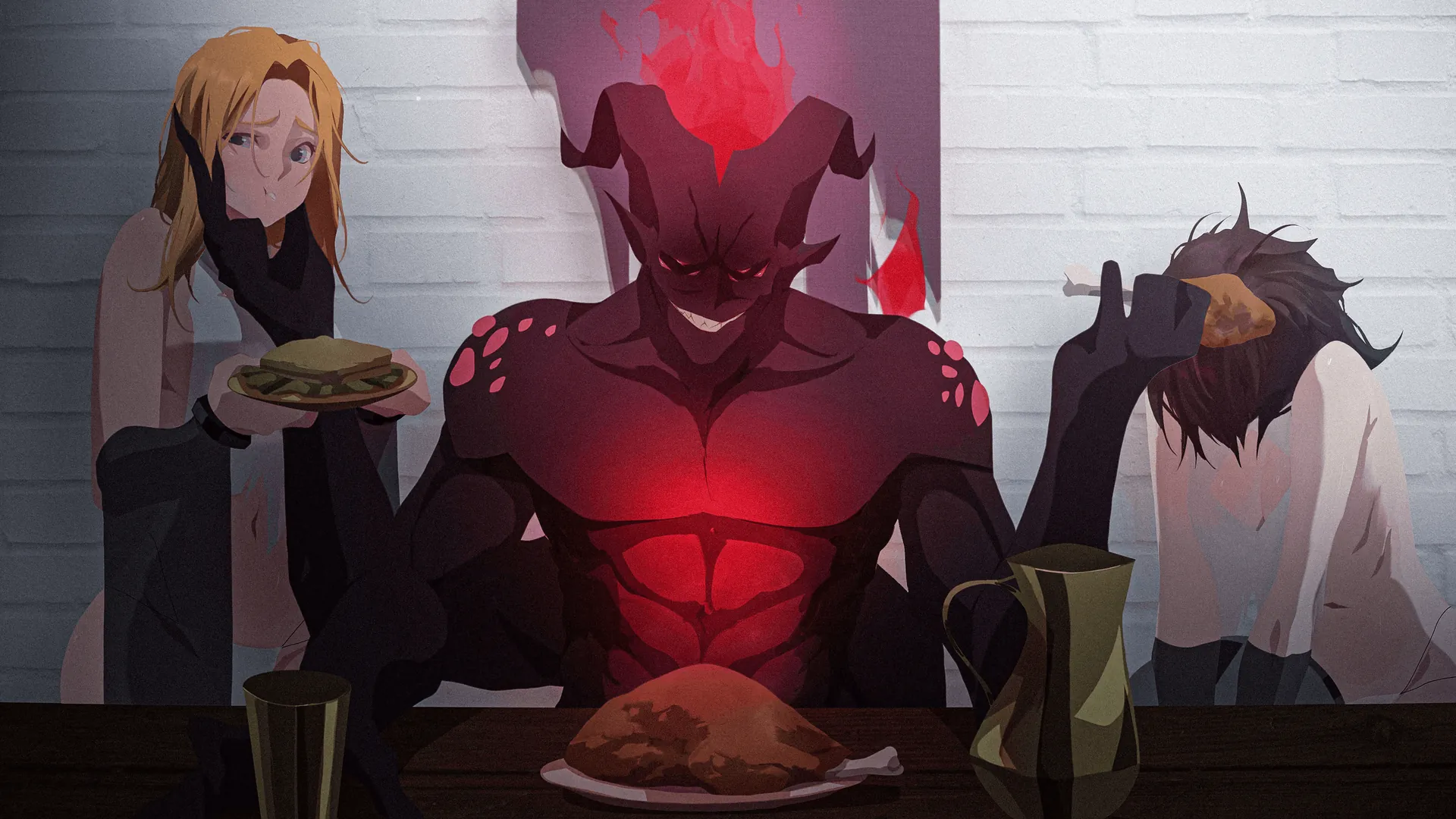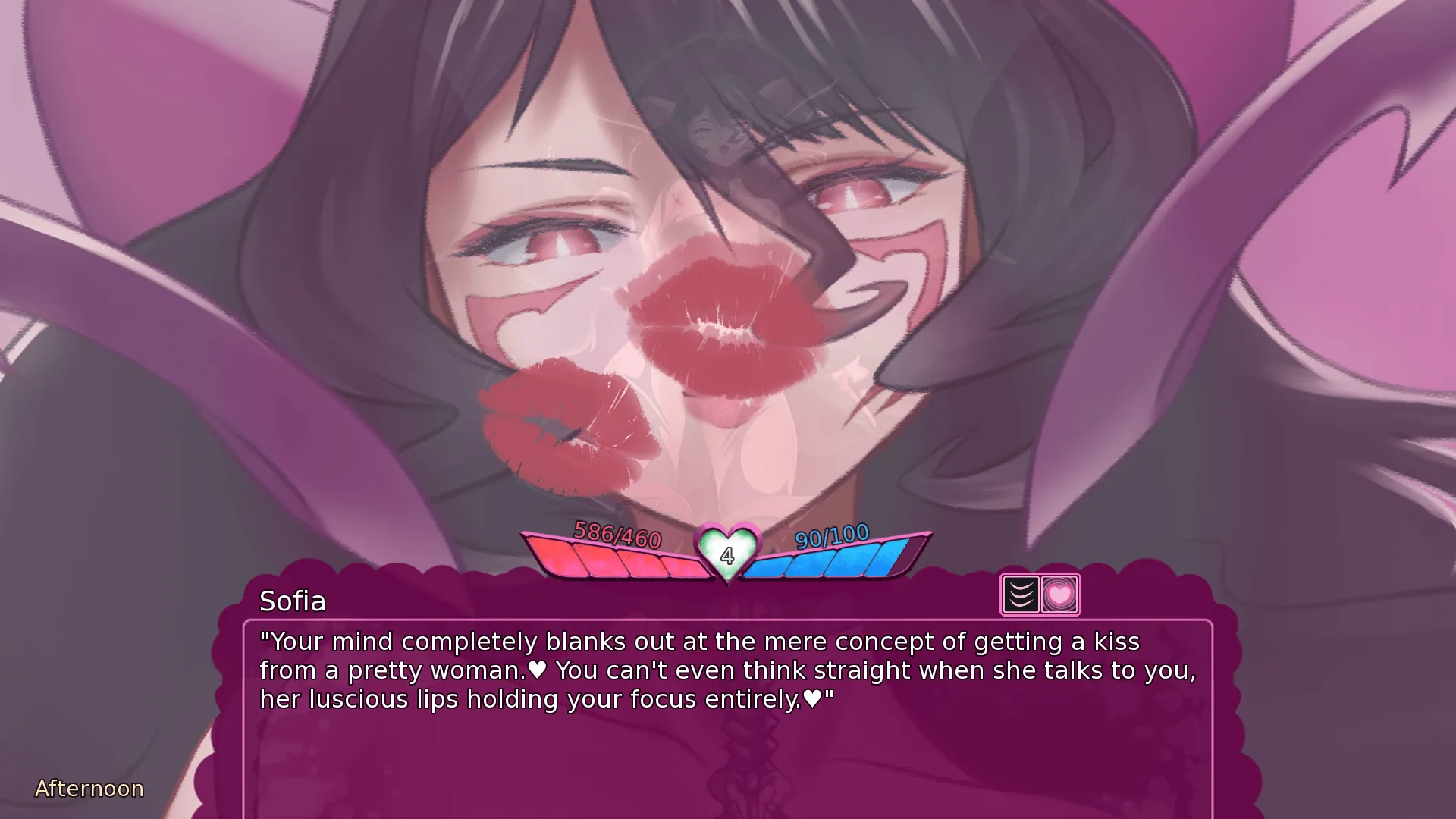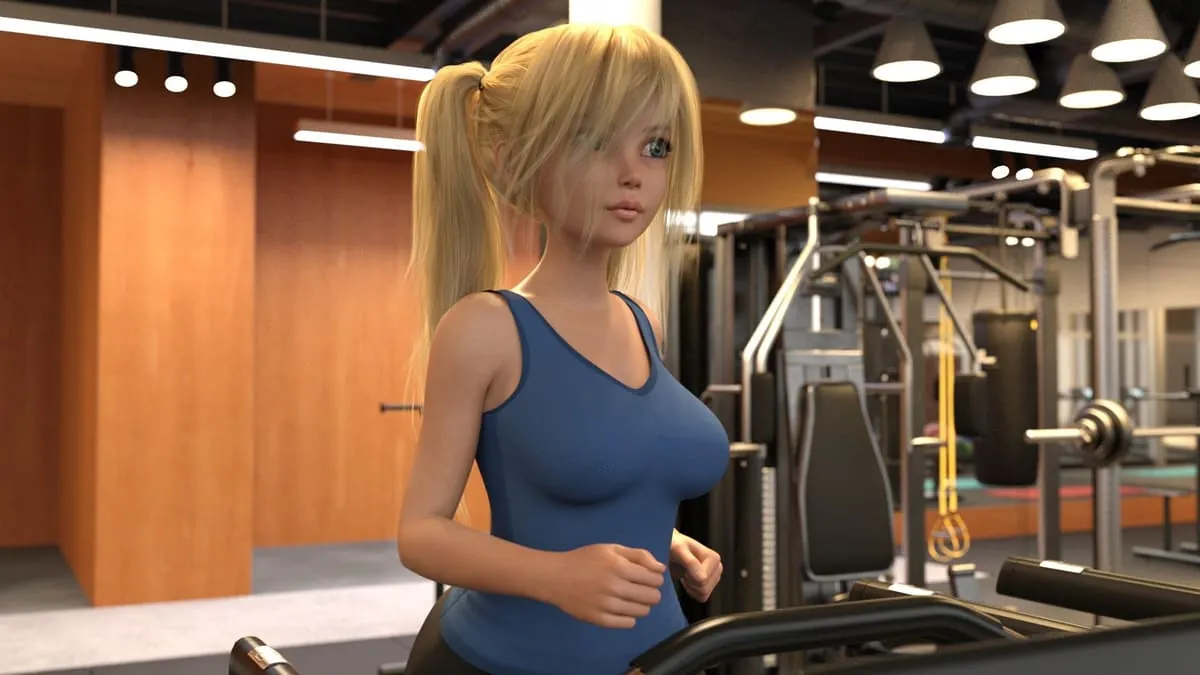
Happy Summer
Play Happy Summer
Happy Summer review
Master the dating simulation experience with our in-depth walkthrough and strategy tips
Happy Summer stands out as an immersive dating simulation experience that combines compelling storytelling with interactive decision-making. This game transports players into the life of a 37-year-old protagonist navigating complex relationships within a household and bustling city environment. With its high-quality graphics, dynamic character progression, and branching narrative paths, Happy Summer offers players the freedom to shape their own journey through meaningful choices. Whether you’re new to the genre or a seasoned player, understanding the game’s core mechanics and features will significantly enhance your gameplay experience and unlock hidden content.
Understanding Happy Summer’s Core Gameplay Mechanics
Alright, let’s get straight into the heart of what makes Happy Summer tick. 🎮 If you’re anything like me, you probably jumped in expecting a simple, relaxing dating sim, only to realize there’s a surprisingly deep and interconnected system governing every single moment. Understanding these Happy Summer gameplay mechanics isn’t just a suggestion—it’s the absolute key to unlocking the rich, personalized stories hidden within the game. It’s the difference between stumbling through a summer fling and expertly crafting a memorable, multi-layered narrative. I learned this the hard way on my first playthrough, where I basically just bought everyone ice cream and wondered why my relationships fizzled out. 😅 This chapter is your roadmap to avoiding my mistakes and truly mastering the experience.
How Time Progression Shapes Your Experience
The day and night cycle progression in Happy Summer is the game’s beating heart. 🕒 It’s not just a pretty visual effect; it’s the primary driver of the entire event triggering system. Think of each day as a precious, non-renewable resource. You have a limited number of actions, and how you spend your time between morning, afternoon, and night directly dictates which characters you can meet, what you can talk about, and which unique scenes you’ll unlock.
During the morning, the world is just waking up. Characters are often found in public spaces like the main street or the park. Interactions here are generally more casual and upbeat. You might find Alex jogging or Mia reading on a bench. Conversations are lighter, focusing on plans for the day or general chit-chat. This is your best time to establish a connection or deliver a small, thoughtful gift to start someone’s day off right. I made a habit of always saying good morning to Leo at the café; those consistent, small interactions built a foundation of familiarity that paid off massively later on.
As the sun climbs higher, the afternoon brings a shift in energy and location. Characters often retreat to their jobs, hobbies, or more private spots. The beach might get crowded, the library becomes a hub for certain characters, and part-time jobs become available. The conversations deepen here. Characters are more settled into their day and are more receptive to meaningful questions about their lives, dreams, and worries. This is your prime window for progressing relationships beyond surface-level pleasantries.
Then comes the night. 🌙 This is where the magic often happens. The atmosphere becomes more intimate, and characters let their guards down. You’ll find them at quieter locations—the pier, a secluded spot on the beach, or a late-night diner. The character interaction mechanics change significantly; conversations are more personal, secrets are shared, and the potential for romantic or deeply impactful story moments skyrockets. It was during a nighttime stroll with Sam that I unlocked a crucial piece of his backstory, a scene that simply wasn’t available during the day. Missing these nighttime opportunities is one of the biggest mistakes a player can make.
To help you visualize this flow, here’s a breakdown of how time dictates your opportunities:
| Time of Day | Common Locations | Character Availability & Event Types |
|---|---|---|
| Morning | Main Street, Park, Café | High availability for casual chats; triggers daily errand events and “good morning” specific dialogues. |
| Afternoon | Beach, Library, Part-time Jobs, Arcade | Character-specific locations open; ideal for hobby-based interactions and deeper relationship conversations. |
| Night | Pier, Beach Bonfires, Diner, Observatory | Lower availability but high-impact encounters; triggers confession scenes, deep backstory revelations, and special date events. |
Mastering the Relationship Building System
This is where Happy Summer truly shines. The relationship building system is a complex, living web that remembers everything. 🙌 It’s not just about spamming gifts or saying the “right” thing in one conversation. The game tracks your entire history with a character—your past choices, the topics you’ve discussed, even the gifts you’ve given—and uses it to shape how they perceive and interact with you.
At its core, the system operates on a few key principles. First, there are invisible “affection points,” but they’re tied to specific character preferences and memories. Giving Mia a book on astronomy because she mentioned she loves stargazing is worth far more than just giving her the most expensive item in the store. The game’s decision-making gameplay is built around this. Every dialogue choice is a brick you’re placing in the foundation of your relationship. Are you a good listener? Are you supportive? Are you playful? The characters will respond in kind, and their future dialogue options will expand or contract based on your established personality.
I recall trying to befriend the reserved artist, Kai. On my first attempt, I asked too many personal questions too quickly, and he shut down. The game’s dialogue options with him became limited and formal. On my second playthrough, I took it slow. I complimented his public artwork, gave him high-quality sketching pencils I found (a perfect inventory management strategy), and chose supportive, non-intrusive dialogue. Over time, he began opening up on his own, leading to a beautiful subplot about his creative struggles that I never saw coming. This is the power of a well-executed relationship building system; it makes every connection feel earned and unique to your playstyle.
The character interaction mechanics are your tools for navigating this system. Pay close attention to their body language and speech bubbles during conversations. A character looking away or using ellipses “…” might be uncomfortable, while a heart emoji or excited text means you’re on the right track. Always tailor your approach. Alex, the athletic type, might appreciate a challenge or a shared activity, while Emma might value a thoughtful, intellectual conversation. This nuanced approach is what separates a master player from a novice.
Pro Tip: Keep a mental or physical note of each character’s likes, dislikes, and personal history details they share. Referencing these in later conversations (e.g., “How was your sister’s recital?”) is a guaranteed way to rapidly boost your relationship level and unlock special dialogue branches.
Strategic Item Management and Inventory Usage
Your backpack is more than just a collection of trinkets; it’s your strategic command center. 🎒 The inventory management strategy in Happy Summer is a subtle but incredibly powerful gameplay mechanic. Every shell, book, snack, or piece of crafting material you pick up is a potential key to a character’s heart or a locked story event. The trick isn’t to hoard everything, but to collect with purpose and use items at the optimal moment.
Items primarily function in two ways: as gifts and as event triggers. As gifts, their effectiveness is not based on price, but on relevance. The relationship building system is directly fueled by this. Giving a character their favorite item can cause a massive leap in your relationship progress, sometimes even triggering an immediate, exclusive scene. Conversely, giving a disliked item can actually set you back. I once made the mistake of giving Chloe a sea shell, forgetting she had a phobia of the ocean—it took three in-game days to recover from that social blunder! 😬
Furthermore, many items are needed to activate specific parts of the event triggering system. You might need a “Mysterious Key” to open a locked drawer in the library during the afternoon, or “Firewood” to start a bonfire event on the beach at night. If you don’t have the right item at the right time, you’ll miss the event entirely. This makes your inventory management strategy a critical part of the decision-making gameplay. Do you spend your limited money on a gift for Alex today, or do you save up for that metal detector you know can help you find rare items on the beach tomorrow?
Your inventory space is limited, so you must be selective. Here’s a list of strategic tips to guide your collecting and usage:
- Prioritize “Loved” Items: Once you discover a character’s absolute favorite item, make it your mission to always have one on hand. The payoff is immense.
- Time Your Gifts: A gift given during a meaningful conversation or a special time of day (like someone’s birthday or a festival) often has a multiplied effect. Don’t just give a gift as soon as you get it.
- Hold Onto “Quest” Items: Any item with a vague or mysterious description is almost always important. Never sell or discard these, as they are crucial for unlocking side stories and character-specific events.
- Balance Your Wallet: Spend money wisely. Sometimes a cheap but thoughtful item (a favorite drink, a specific magazine) is more effective than an expensive generic one. Always ensure you have enough funds to potentially buy a rare item from a special vendor when they appear.
- Use Items to Break the Ice: If you’re struggling to connect with a character, a small, liked gift can open up new dialogue options and make them more receptive to conversation, effectively jump-starting the character interaction mechanics.
Mastering the Happy Summer gameplay mechanics of time, relationships, and inventory is what transforms a simple playthrough into your own personal summer epic. 🏆 It’s a beautiful, interwoven system where your decision-making gameplay has real, tangible consequences, making every summer you experience in the game feel uniquely yours. By understanding how the day and night cycle progression opens doors, how the deep relationship building system responds to your attention, and how a clever inventory management strategy can unlock the best content, you are no longer just a player—you are the author of your own unforgettable Happy Summer.
Happy Summer delivers a sophisticated dating simulation experience that combines engaging storytelling, strategic gameplay mechanics, and high-quality visual design. By mastering the time-based progression system, understanding character motivations, and making thoughtful decisions, players unlock the full potential of this immersive world. The game’s strength lies in its ability to create meaningful relationships through interactive choices, allowing each player to craft their unique narrative journey. Whether you’re drawn to the compelling character arcs, the strategic inventory management, or the emotional depth of the storyline, Happy Summer offers substantial replay value and discovery. As you progress through the game, remember that your choices shape not only the story outcomes but also the depth of your connections with each character. Dive into this captivating experience and discover the countless possibilities that await in this richly detailed simulation.
